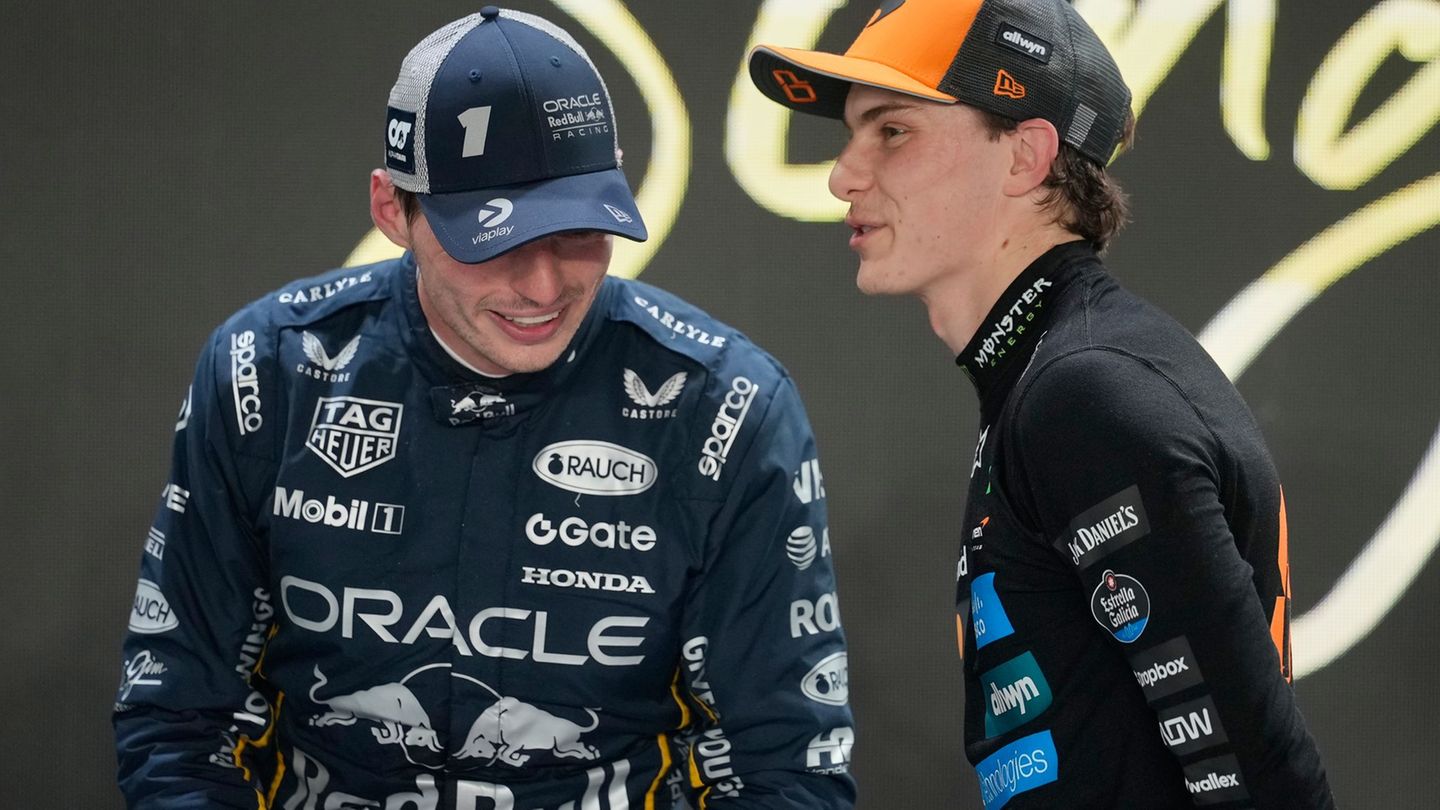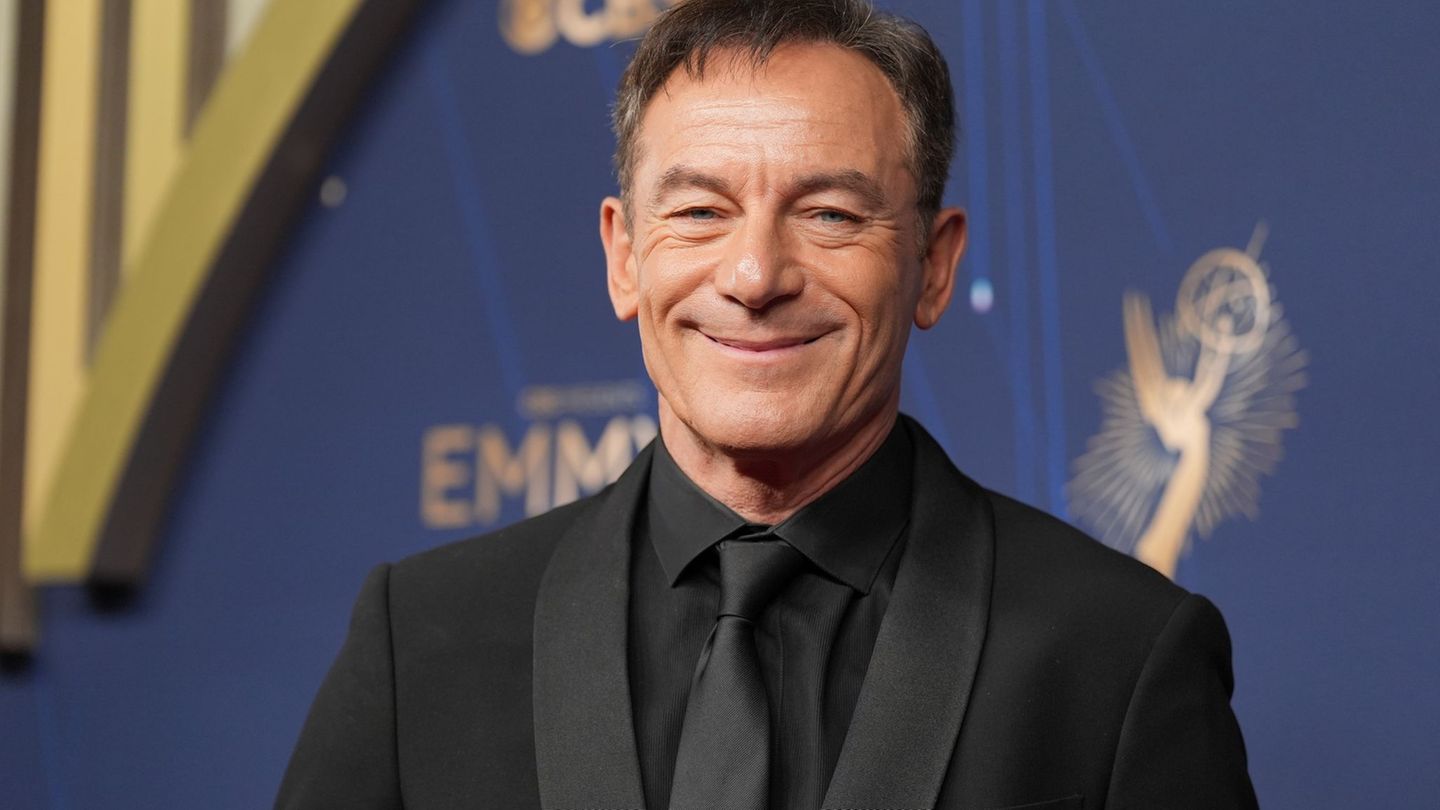View picture gallery
This year’s event was also marked by the Ukraine war. Willi Mernyi, Chairman of the Mauthausen Committee Austria, appealed: “If it absolutely needs a winner, then not nations, not a great leader, but the values of peace, freedom, solidarity!”
Topic this year: “Political Resistance”
In accordance with this year’s theme “Political Resistance”, Mernyi remembered all those political dissenters who were “systematically persecuted and murdered” by the Nazis. He emphasized that it is still important to offer resistance today: “So we see it as our obligation to say ‘no’ clearly and unequivocally in a military conflict!” The President of the Committee International de Mauthausen, Guy Dockendorf, also referred to the war in Ukraine: he recalled the many Russian and Ukrainian prisoners of war in the Nazi camps, who were counted in the same category of prisoners there. “As citizens of the Soviet Union, you played your part in the common struggle against the Nazi aggressor.”#
Pictures of the Ukraine war presented
Traditionally, delegations from all over the world come to the celebration, because the in Mauthausen Detainees came from more than 70 nations. After Russia’s attack on Ukraine, the ambassadors of Russia and Belarus were asked by the organizers not to come. However, aid organizations, survivors and their relatives from these countries were welcome. At the Ukrainian monument, an exhibition was dedicated to the war that is currently raging there. Photos of civilians in air-raid shelters, of mass exodus and destruction from today’s Ukraine were juxtaposed with analogous motifs from the Second World War – images of frightening resemblance.
At the roll call square, large-format pictures reminded of Mauthausen-Survivors with calls for peace and solidarity in numerous languages to the approximately 200,000 concentration camp prisoners, of whom around half were murdered or fell victim to the cruel prison conditions. Only one survivor was present at the liberation ceremony: Daniel Chanoch (90), who came from Lithuania and now lives in Israel, was released on May 5, 1945 from the Gunskirchen concentration camp, one of the numerous sub-camps of Mauthausen, freed. He was twelve years old then. To this day he is tirelessly busy as a contemporary witness to keep the memory alive. Just this week he presented his book “Telling in order to live – life is a matter of seconds and millimeters”.
At the actual ceremony, during which representatives of numerous nations and organizations parade past the sarcophagus in the center of the memorial, the Russian delegation was only announced as the “coordinating council of the organizations of Russian compatriots in Austria”. The Ukrainian delegation received long and hearty applause. The conclusion was traditionally made by the US delegation – the camp had been liberated by American soldiers in May 1945.
ÖVP representatives present again this year
Official Austria was represented by Interior Minister Gerhard Karner, Constitutional Minister Karoline Edtstadler (both ÖVP), Justice Minister Alma Zadic and Climate Minister Leonore Gewessler (both Greens). In the previous year, the ÖVP government team had stayed away from the commemoration, which had caused criticism. Former Federal President Heinz Fischer was also present.
In the run-up to the celebration, the Linz diocesan bishop Manfred Scheuer praised resistance fighters as “beacons against resignation to fate”. Active resistance finds “its justification in the right to self-defence, which is also recognized by Catholic moral teaching and which is asserted in order to limit the state to its function of the common good”. The evangelical bishop Michael Chalupka recalled that in the concentration camp Mauthausen practicing religion was punishable by death. In Mauthausen “Pain meets hope. Here sorrow is combined with the will to live,” says the Orthodox Archpriest Ioannis Nikolitsis.
SPÖ chairwoman Pamela Rendi-Wagner emphasized in a broadcast that “the National Socialist atrocities must never be forgotten”, which also means “preserving humanity and decisively opposing every form of hatred, exclusion and violence”. The war in the Ukraine shows that peaceful coexistence in Europe cannot be taken for granted, according to the managing director oö. SPÖ state party leader Michael Lindner.
The 2023 liberation ceremony will take place on May 7th and will have the theme “Civil Courage”.
Source: Nachrichten




